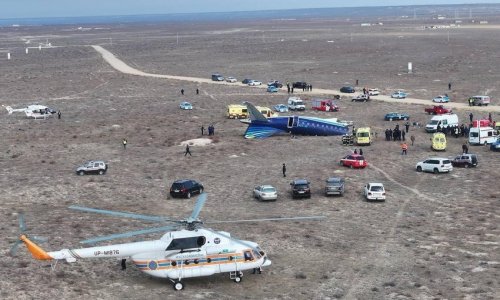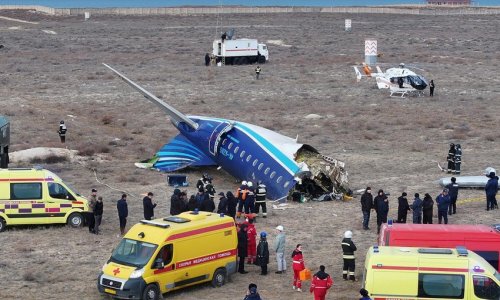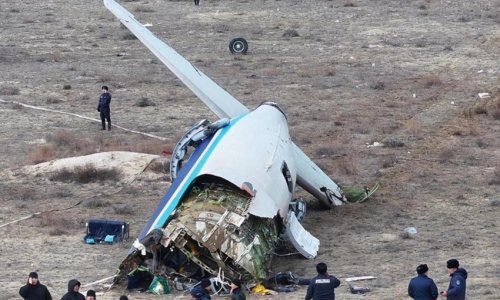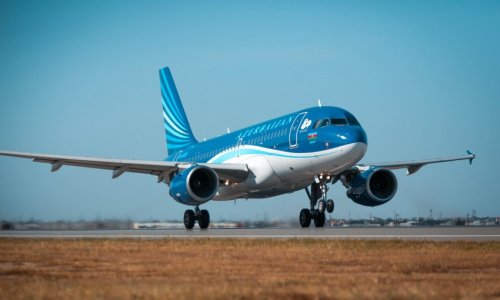Interpol has confirmed that the passports, which were reported stolen by their owners, were used by two Iranian citizens, 29-year-old Seyed Mohammed Reza Delavar and 18-year-old Pouria Nourmohammadi. As the search for the missing Malaysian Airlines plane stretches on, the case of the stolen passports has evolved into its own subplot, sparking questions about why – and how – the men were on the plane. Initial speculation that they were terrorists was rejected by Interpol. The night before they left for Kuala Lampur, Nourmohammadi and Delevar stayed with a friend, who later told the the BBC’s Jonathan Head that he believed they were setting off in search of a better life in Europe.Still, a definitive answer for the stolen passports has yet to be found. While authorities continue to seek information about these two passengers, the travel industry is being forced to contemplate questions of its own.The passengers carrying stolen passports were identified using Interpol’s Stolen and Lost Travel Document database, but only after the plane was reported missing. The database, available to countries and law enforcement agencies, allows officials to screen passports being used to travel internationally against passports reported lost or stolen; Interpol has identified terrorists, murderers and war criminals using the database.Yet according to Interpol, the option, which has been available since 2002, is significantly underused. “Approximately four out of every 10 international passengers are not being screened” against the database, Interpol reports, and fewer than 20 of 190 member countries routinely checked passports against the database in 2013.Some nations use the database more than others. Interpol names the US, UK and UAE as the three most active countries when it comes to screening passports. In 2013, the US searched the database more than 238 million times, the UK more than 140 million times and the UAE more than 104 million times.In the face of international attention, Interpol Secretary General Ronald K Noble said that if countries were failing to fully screen international passengers with the database, Interpol “must look to work with private industry in addressing this security gap”.At an 11 March press conference in Lyon, France, Interpol announced that has launched a programme that will put security in the hands of the travel industry. Two airlines, Qatar Airways and Air Arabia, will have limited access to the Stolen and Lost Travel Document database. The program, called I-Checkit, is intended to allow security checks to start as soon as a potential flyer books a ticket by extending access to the database to airlines, hotels and banks.Whether this is a reasonable model for the travel industry remains to be seen. Perry Flint, a spokesman for the Geneva-based International Air Transport Association, said, “While all airlines visually screen travel documents presented by their passengers...they are limited in what they can do.” He added, “Border control and security are the responsibility of States.”Since 2002, the Interpol database has gathered 40 million instances of lost or stolen passports – an average of more than 3 million passports reported lost or stolen each year. According to the World Tourism Organisation, there were one billion international tourists in 2013.Frequent travellers also have many anecdotes about how common – and frightening – it is to misplace a passport. Lauren Manuel, a South African travel blogger living in Malaysia, once found herself in a foreign country sans passport. Manuel and her husband had been living in Thailand and had travelled to Penang, Malaysia to get their visas renewed. “We were stupid enough to have our hands full whilst paying the cab driver and grabbed all our belongings in a rush,” she said. “We were meant to hand our passports into a company who gets visas renewed for travellers in Thailand, so when we reached the office and couldn't find our passports, we flew into a blind panic.” If stolen, their passports could have been used for anything from identity theft to insurance to rent a scooter. Even if they were simply lost, Manuel and her husband still worried about being deported from the country.They immediately contacted local police. After three stressful hours being hustled between local police stations, they were reunited with their passports. “In that moment, we both nearly collapsed from sheer relief and realised we had been saved. Someone had picked them on the street and handed them in,” Manuel said.Fortunately, travellers like Manuel should soon benefit from the advancement of anti-fraud passport technology. By 2012, more than 100 countries had implemented biometric passports, or ePassports, according to the International Civil Aviation Organisation, a UN agency that develops standards and recommended practices for international flights.Stewart Verdery, former US Homeland Security assistant secretary for policy, explained that ePassports are more difficult to forge because they use an implanted chip that contains biographical information and a biometric – a digital facial image or a fingerprint. This biometric information allows border agents to do a “one-to-one match, and a one-to-many match”, he said, comparing faces or fingerprints to databases that confirm identity and track criminal information. Individual countries or agencies are responsible for maintaining and checking their own databases.As organisations continue to work on the procedures necessary for helping travellers keep their passports – and identities – safe, those on the road need to continue to follow practical tips: making photocopies of important travel documents, keeping close track of them and reporting a theft or loss immediately.(BBC)ANN.Az
How safe is your passport?
World
12:40 | 14.03.2014
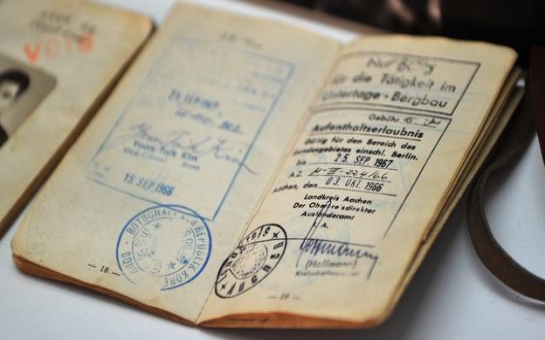
How safe is your passport?
Even as Malaysian Airlines Flight MH370, headed from Kuala Lumpur to Beijing, seems to have vanished into thin air, two people listed on the flight manifest remain safe. The two men, an Austrian and an Italian, never boarded – but their passports did.
Follow us !

